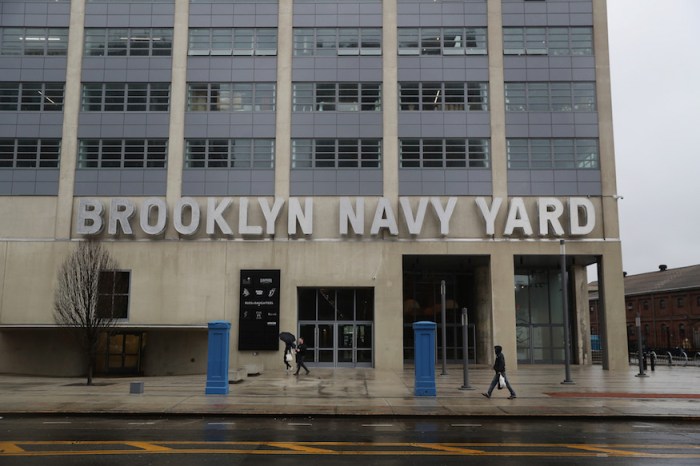One percent of the excise taxes collected on retail marijuana purchases would be used as subsidies for businesses that hire and train youth employees under a bill pitched to the Labor and Workforce Development Committee on Tuesday.
Rep. Michael Day touted his proposal (H 3138) to create a youth employment subsidy program that would encourage municipalities or businesses to hire youth workers — aged 16 through 24, according to Day — by subsidizing the young worker’s paycheck.
The youth employment subsidy program would be administered by the Executive Office of Administration and Finance and Day said it would “provide funds to municipalities and private businesses for the training and hiring of local youth, as well as to offer a modest subsidy to private businesses, municipalities or agencies to incentivize the hiring of young adults.”
The summer youth labor force employment rate was estimated at 77.5 percent in 1989 and today stands at 53.2 percent, Day said. When he was in high school, Day said, he worked at Mahoney Auto Body in Woburn and then worked for the Woburn Department of Public Works during summers while he was in college.
“I was incredibly fortunate to always have a job during my teenage and adult years, and this enabled me to save some money for school and, frankly, to stay out of trouble,” Day said. “It otherwise prepared me to do jobs and I acquired skills and other life habits that I’ve carried through the current day that I couldn’t learn in the classroom or on neighborhood corners.”
The program Day proposes to establish would get its funding from retail sales of marijuana. The bill would direct 1 percent of what the state collects in taxes on the sale of marijuana to a Youth Employment Subsidy Fund. Retail sales of marijuana are not expected to begin for more than a year and current law prescribes a 3.75 percent marijuana excise tax rate on top of the state’s 6.25 percent sales tax.
Day said he hopes the Legislature will raise the tax rate on marijuana — which the Joint Committee on Marijuana Policy is expected to recommend when it unveils an omnibus bill next month to make changes to the marijuana law approved in November by voters.
As Day explained his bill to the committee Tuesday, the Youth Employment Subsidy Fund would subsidize youth workers at a rate of $3 per hour, leaving the business to pay at least $8 per hour so the worker takes home at least the statewide minimum wage of $11 per hour.
“This legislation does not allow a municipality or a private business to pay their employees less than minimum wage. It does not offer a so-called training wage to businesses,” he said. “The legislation provides a subsidy that will reimburse a small percentage of the youth’s check to the employer.”
But the bill itself says that a youth worker “employed through the youth employment subsidy program establish(ed under the bill) shall be entitled to a minimum wage of $3 per hour below the minimum wage.”
Day said the subsidy aims to “address some of the concerns or criticisms I’ve heard from some of the small businesses that they can’t afford to hire youth anymore, that they can’t afford to employ kids in the summertime because they can’t afford or they don’t want to take the risk of paying individuals $3 more an hour.”
Opposition to Day’s bill came Tuesday from the Massachusetts Building Trades Council, a representative of which said the organization reads Day’s bill as allowing employers to pay youth workers at $8 per hour rather than the minimum wage of $11 per hour.
Rich Marlin, of the Mass. Building Trades Council, said the organization is concerned that the method proposed by Day would create “a system where you are perpetually having kids laid off.”
“One of the concerns we have is a general concern we have with any sub-minimum wage (jobs), is that it’s just going to create a revolving fund of kids who once they hit whatever the age is, they’re going to max out and the employer will get rid of that kid and bring in the next kid who will get them $3 an hour payback from this fund,” Marlin said before encouraging the committee to devise a different system to accomplish Day’s goals.























